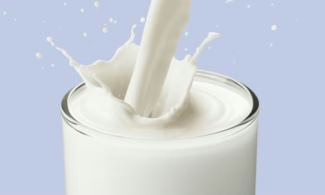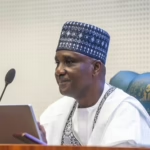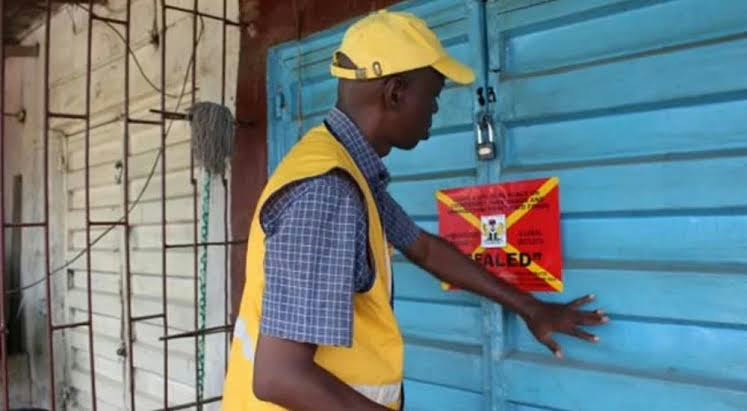The Federal Government has raised concerns over Nigeria’s persistently low milk consumption, disclosing that the country spends over $1.5 billion annually on milk imports, despite local production falling significantly short of demand.
Minister of Livestock Development, Idi Maiha, made this known during the commemoration of the 2024 World Milk Day held in Abuja at the weekend. The event, which had as its theme ‘Supporting Nutrition, Health and Economic Resilience Around the Globe’, drew attention to Nigeria’s nutritional challenges and economic implications of milk importation.
Maiha revealed that Nigeria’s annual milk consumption stands at approximately 1.7 million metric tonnes, while local production only accounts for about 600,000 metric tonnes—covering just 35 per cent of the national demand. The shortfall, he noted, is met through imports, mostly in powdered form, costing the country over $1.5 billion yearly.
“This dependence weakens our economy, drains foreign reserves and limits the growth of our local dairy industry,” the minister said.
He described milk as a crucial nutritional source, especially vital for the growth and development of children, and bemoaned the low consumption rate among Nigerians.
“The average milk intake in Nigeria is 8.7 litres per person per year. This is not only below the World Health Organization’s (WHO) recommendation of 210 litres, but also far beneath the African average of 40 litres,” Maiha said.
Highlighting the disparity in milk yield between indigenous and exotic cattle breeds, the minister explained that Nigeria’s native cattle, predominantly reared by pastoralists, produce between 1 and 2 litres of milk daily. In contrast, exotic breeds such as Friesians or Jerseys can produce 20 to 30 litres per day under proper management.
He cited India as a model for Nigeria to emulate, describing how the Asian nation, the world’s largest milk producer, has built a thriving dairy sector through smallholder production exceeding 200 million metric tonnes annually.
Maiha emphasised that Nigeria must significantly ramp up local production to achieve dairy self-sufficiency, noting that the Federal Government has initiated the National Livestock Growth Acceleration Strategy. This strategy is focused on livestock value chain development, improved animal health, and youth empowerment.
According to him, some strides have already been made under the strategy, including the registration of eight species of pasture, enhancement of animal health services, and partnerships with private sector actors. Among the key collaborations is the Nestlé-supported Dairy Training Centre in Gwagwalada, Abuja.
The minister also referenced private dairy models such as Arla’s modern dairy farm in Kaduna, which has recorded substantial progress in both milk output and animal welfare. He further pointed to the revamped Ikun Dairy Farm in Ekiti State, which he described as a shining example of Nigeria’s potential in dairy development.
Looking ahead, the minister disclosed that government plans to double milk production to 1.2 million metric tonnes over the next five years. He also announced plans to convene the maiden National Council on Livestock Development before the end of the year.
Maiha called on the media to support awareness campaigns and drive public engagement with government efforts in the dairy sector, stressing the need for collective action in achieving national food security and economic growth.











Leave a Reply